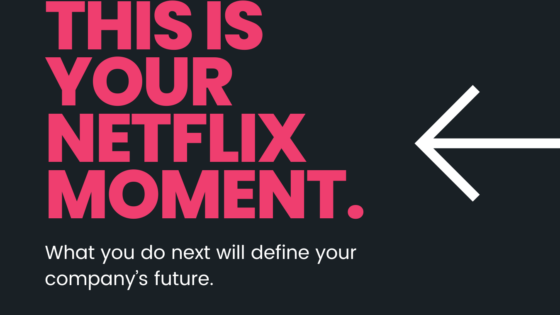One of the downsides of teaching is that in the process of educating our students about facts and figures we are also teaching our students how to think.
For most teachers their initial response would be to not give this a second thought. However I wonder if this might be one of the greatest long term problems that education is facing right now.
Watch the following two and a half minute TED talk clip and then I will explain my thoughts (the key thought happens at 2:26)
Did you catch the key sentence?
Let’s never forget that whatever brilliant ideas you have or hear, that the opposite may also be true.”
Here is the dilemma as I see it:
Whilst we are teaching our students how to think we are also teaching them what to think. A classic example of this would be where a maths teacher will give a student an exam and then issue a proportion of marks for getting the correct answer and another proportion of marks for having the correct working out.
Now I understand the principle behind that thinking; but I also see the students who have arrived at the right answer but by a different method and are therefore penalised for doing so.
In the example above, not only are we teaching our students how to think (demonstrate you understand the process), but we are also teaching them what to think (demonstrate that you think and process this problem in the same way I do).
In doing this teachers can inadvertently create world views and narrow mindedness in our students.
Let me give you another example.
In Australia all the students wear uniforms to school. In this environment, it is hard to express your individuality. For the last four years I taught in a Senior College where there was no uniform. As such, each student was free to express their personality through their fashion choices.
One of the most frequent comments I would receive from students new to the school was “I had no idea that there were so many different types of people”. This comment was usually followed up with a comment about how they never thought they would associate with, let alone enjoy the company of ‘that kind of person‘.
In other words, many students have a world view that has been shaped by their school environment and culture. The principle also applies in a larger contexts for example rural and urban settings.
As teachers we need to be aware that we aren’t just teaching our students how to think, but also what to think and as a result we are creating worldviews that are not necessarily correct outside the sphere that you are operating within.
It seems to me that in order for our students to solve the problems that they will be facing in the years to come they will increasingly need to be able to think creatively, develop original thoughts and challenge the norms.
Agree or Disagree?

















